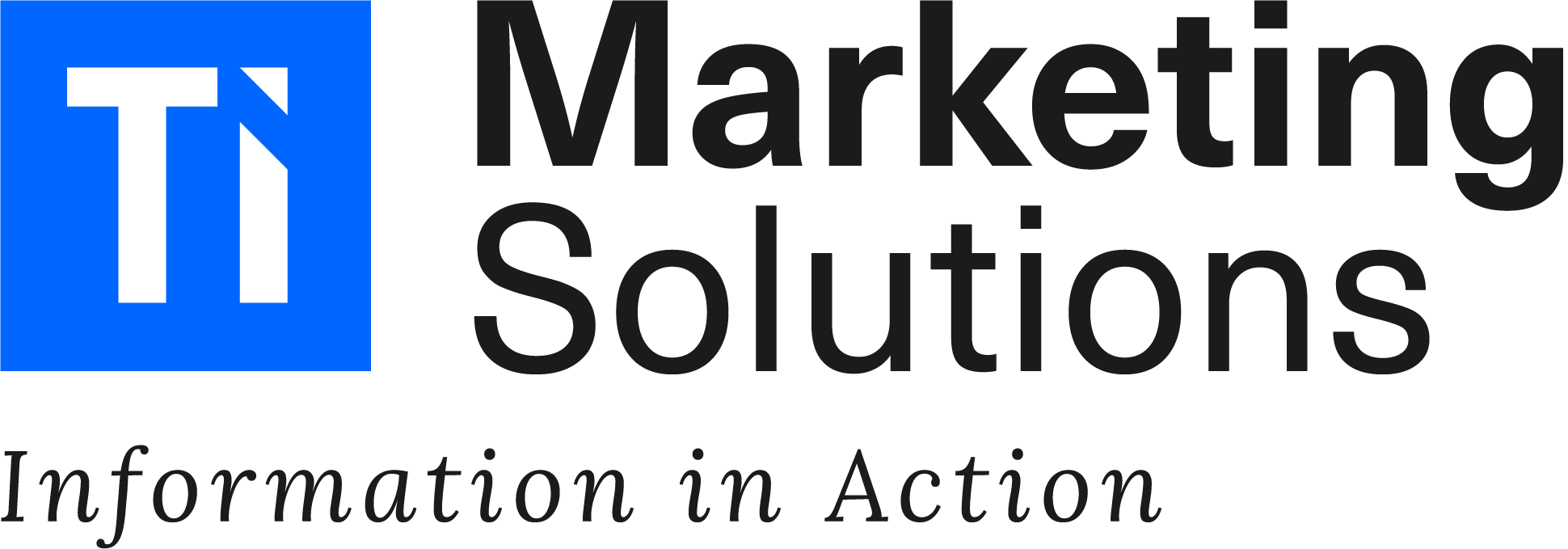GenAI tools like ChatGPT and Gemini have created endless excitement in the tech world as their potential to transform working lives continues to be explored. However, there have been equal concerns over what happens when these models malfunction. Examples of AI getting things wrong are already making the headlines, including incidents at Air Canada and Google.
Quirks like these demonstrate how important it is for organisations to weigh up the strengths and weaknesses of AI before applying it to any aspect of business. Without forethought, companies risk embarrassing or even disastrous consequences.
At the same time, it should be appreciated that GenAI is only in its infancy, yet to mature to its full-blown potential over the next few years. However, even in these early stages of development, it still has many strengths, provided implementations are thought through carefully.
AI strengths
The tax industry is a prime example of what’s already feasible with the current iterations.
Looking on the positive side, AI works day in, day out, never getting tired or stressed, carrying out tasks at a vast scale. It is extremely efficient at the mundane and repetitive jobs that people tend to generally dislike and are highly time-consuming.
Take a task like analysing ledger data for VAT purposes; in some instances this can be millions of rows. There aren’t enough interns you could throw at the task of reviewing every row, yet AI can analyse this kind of dataset in seconds – making it the ‘infinite intern’.
Similarly, fast automation of routine tasks, like data entry, number-crunching and anomaly detection, are a piece of cake for AI. Well-suited to these types of activities, AI churns through data processing quickly, constantly, and reliably.
Its consistency is a key strength. Unlike employees, who may not always be objective, AI algorithms stick to the rules, applying them in the same way on each occasion. Whereas evidence shows an individual’s decision-making abilities and performance can vary significantly owing to factors such as hunger, fatigue, workload, and stress.
Even the time of day can make a difference to someone’s reasoning powers, as highlighted by a recent study. It found workers are less active and more prone to making mistakes on afternoons and Fridays, with Friday afternoon representing the lowest productivity point.
AI can also extract valuable insights from huge volumes of disparate tax and financial data that would take a person days or weeks to compile and interpret. Predictive analytics powered by AI can forecast trends, model different outcomes based on complex tax scenarios, and uncover potential compliance issues.
On this basis, AI sounds like a compelling choice for routine work and mass data crunching, at the very least. However, it’s not all plain sailing as AI tools are only as good as the training they receive. It’s a case of garbage in, garbage out.
AI weaknesses
If the data used to inform an algorithm is inaccurate, this will detrimentally affect the results it provides. This is how errors occur and biases creep in, where outcomes are at best misleading or, at worst, completely wrong.
They can also lack the capability to interpret important context, and miss subtleties which humans easily take into account. The end result can be spurious responses and hallucinations, where AI misinterprets data and fabricates answers. Fortunately, these issues can be rectified as AI does respond well to constant training, but this can take time.
It boils down to having the right monitoring, evaluation, and re-training in operation. AI tools shouldn’t be left to act on their own without proper oversight, and outputs should be sanity checked by humans.
The future for interns
So, what does the rise of AI mean for interns?
For tech-savvy generations, like Gen Z, the future for interns in the tax industry looks bright. Having grown up using technology throughout their lives, they expect to find technical innovation in the workplace. Indeed, many consider it a must-have when choosing a career path. The finance and tax industry has a massive opportunity to tap into this mindset to encourage new talent into the industry.
By harnessing AI to do the mundane work as the ultimate ‘infinite intern’, it can support new graduates and tax assistants rather than replacing them. Instead of spending most of the early part of their careers on traditionally laborious work, human interns will check and review information already processed and analysed by AI.
Thus, freeing up time to hone their accountancy skills more quickly. And, then use the insights that AI uncovers for more satisfying work, usually only possible much later in their tenure, such as strategic planning, problem solving and value-added decision-making for the business or its clients.
GenAI will continue to improve. But, for the time being, assuming it can mimic the expertise of a senior level decision maker is asking for trouble. However, if deployed with due diligence, AI can bring much needed efficiency and valuable insights to financial data processing. It will help to attract a forward-thinking generation of tax professionals looking for careers that champion technical innovation and new ways of working.




